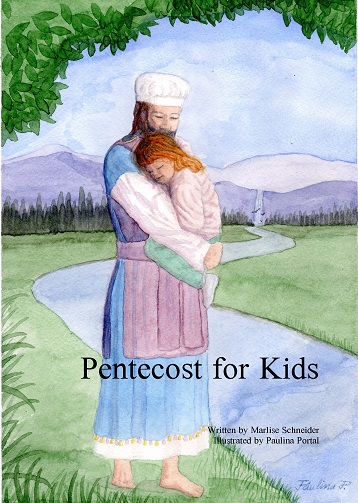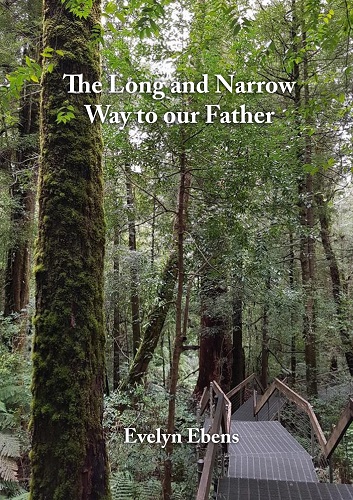God's Covenant Blessings Includes All
Title: God's covenant blessings includes all (stranger & people from the East)
More inclusiveness for the “stranger” / those not born into the Israelite nation:
In Numbers 10 there is a passage about Moses’ brother-in-law, Hobab. (Numbers 10:29-32) At first read I thought it was talking about Moses’ father-in-law, Jethro, but calling him a different name.
“Num 10:29-33 And Moses said unto Hobab, the son of Raguel the Midianite, Moses' father in law, We are journeying unto the place of which the LORD said, I will give it you: come thou with us, and we will do thee good: for the LORD hath spoken good concerning Israel. And he said unto him, I will not go; but I will depart to mine own land, and to my kindred. And he said, Leave us not, I pray thee; forasmuch as thou knowest how we are to encamp in the wilderness, and thou mayest be to us instead of eyes. And it shall be, if thou go with us, yea, it shall be, that what goodness the LORD shall do unto us, the same will we do unto thee. And they departed from the mount of the LORD three days' journey: and the ark of the covenant of the LORD went before them in the three days' journey, to search out a resting place for them.”
Jethro had come to the Israelites, to bring Moses’ wife and sons to be with him, when they reached Rephidim, a bit before they came to Mt Sinai (which I guess was near Jethro’s home). That’s all recorded in Exodus 18 – where he encouraged Moses to spread his load with the appointment of rulers over thousands, hundreds, fifties & tens. Then in verse 27 it says “And Moses let his father in law depart; and he went his way into his own land.” Then in the next verse (Ex19:1) it says that they came to the wilderness of Sinai in the third month after leaving Egypt.
They then spent quite a while at Sinai. In Numbers 9:1 we find out that it was now the “first month of the second year after they were come out of the land of Egypt.” So Numbers 10 occurs quite a while after Jethro had gone back to his own land. At the end of Numbers 10 we find the Israelites moving on from Mt Sinai. So perhaps Moses’ brother-in-law had stayed with them the whole time while at Mt Sinai – with the giving of the law, the setting up of the Tabernacle, the organising of the camp etc.
If he had been with them for almost a year, he would have been joining in with their system of worship of the true God. Although I guess Hobab had been brought up worshiping the true God, as his father, Jethro or Reuel (Ex 2:18), was priest/prince of Midian (Ex 2:16; 3:1), and the Midianites were descendants of Abraham, from Keturah, his wife after Sarah died, (Ex 25:1,2). Abraham had given all he had to Isaac, but had given his other sons gifts and sent them to live in the “east country.” We would assume they were trained to worship the God of Abraham.
So now, as the Israelites are about to move on from Mt Sinai toward the “promised land”, Moses encourages his brother-in-law to come with them. Hobab says he will go back to his own land, but Moses pleads with him not to leave them, as he knew the wilderness and could be their guide: “thou mayst be to us instead of eyes.” Hobab’s whole life had been spent in that region and his knowledge of the area could be a blessing to God’s people. I also would think that Moses’ wife, Zipporah, would have loved having her brother and nieces and nephews along for the journey. We do not find a verse saying that Moses let Hobab go back to his own country, as had been said of Jethro. So we would assume that Hobab chose to stay with the Israelites.
Then is the wonderful promise of inclusion: “And it shall be, if thou go with us, yea, it shall be, that what goodness the LORD shall do unto us, the same will we do unto thee.” This Midianite (another descendant of Abraham) was to be included in the covenant promises that the Lord had given to the Israelites; and the Israelites would treat this Midianite with the same kindness/goodness that God had treated them.
Here is much encouragement:
God includes in his covenant promises and blessings for obedience: (1) the stranger (see previous blog) – those that were not descendants of Abraham (eg Canaanites etc in the old testament period; Gentiles in the new testament period) who wanted to sojourn with the Israelites and worship the true God with them; and (2) other descendants of Abraham, not from the Israel/Jews (could we say those from the East – eg Ishmaelites, Midianites – today we might say Muslims etc) who also chose to worship the true God with the Israelites/spiritual Israel today.
There is also much instruction we can learn from this text: We need to treat others in the same way God has treated us.
It is good to ponder these things; to be encouraged – we can all be included in God’s covenant promises; and to be instructed – to treat all people as God treats them.





